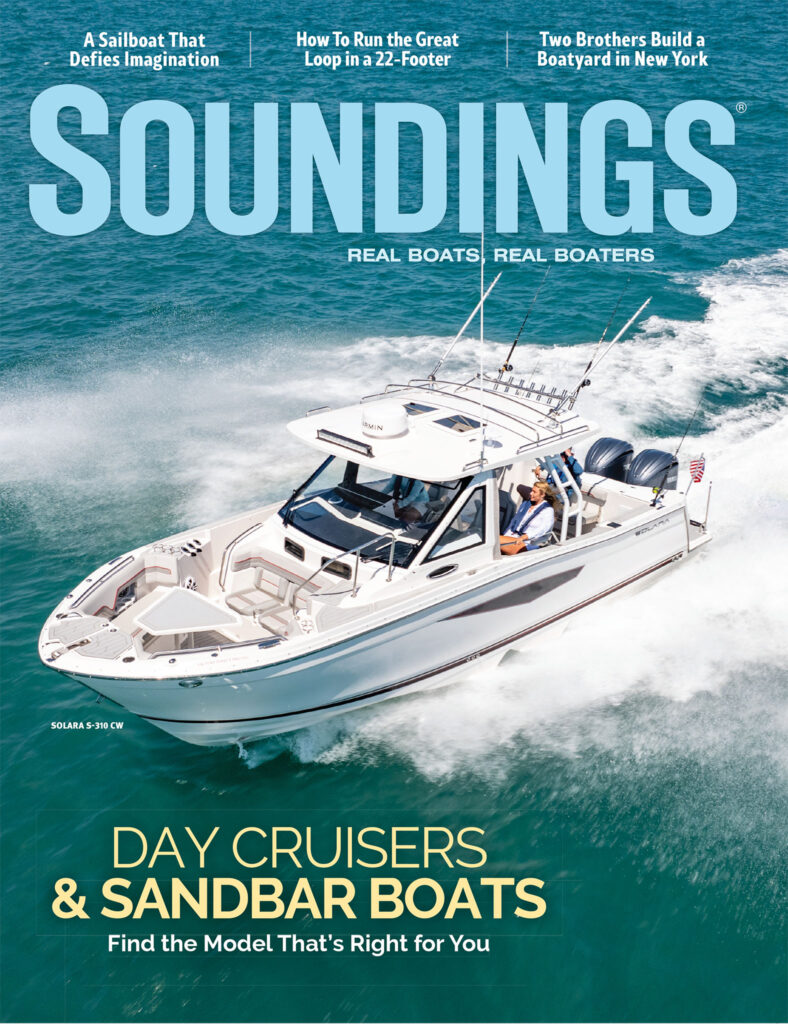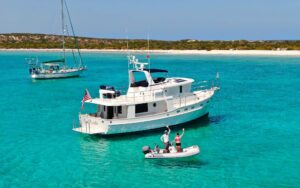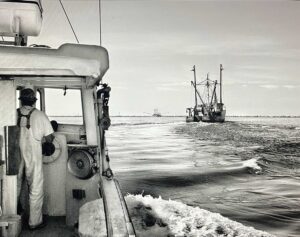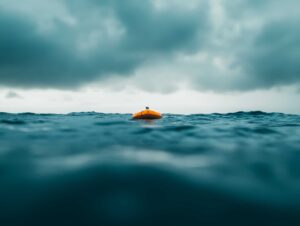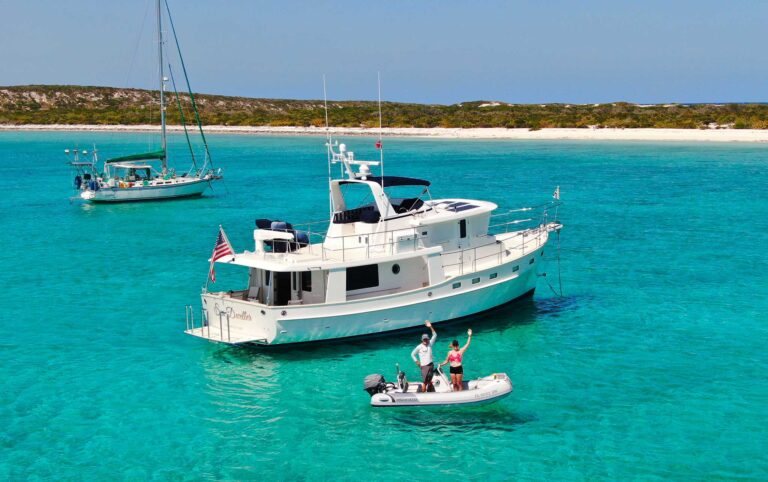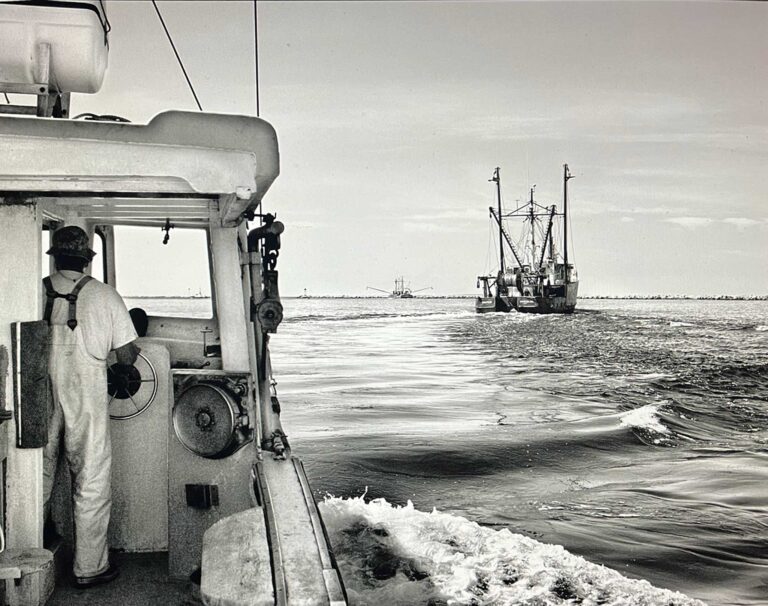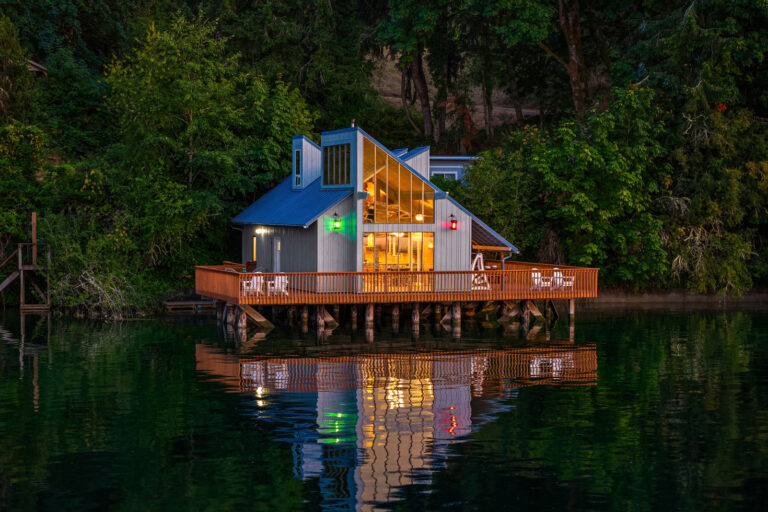
In the painting The Lobster Trap by Ed Parker, a Maine lobsterman lowers crates into the water while, unbeknownst to him, a large sea monster intertwines itself with the line. The calm water and blue skies suggest a peaceful and idyllic day, juxtaposed with the strange creature just below the surface. Parker’s piece was inspired by a story he read in The Boston Globe about the environmental impacts of climate change on lobster fisheries in the Gulf of Maine. It illustrates the impending dilemma that lobstermen face.
The story he read reported that ocean temperatures off Maine have been steadily increasing, and more so than any other area on the globe. The Gulf of Maine stretches from Cape Cod to Nova Scotia, and recent research implies the accelerated warming can be attributed to melting ice in Greenland and the Arctic Ocean. The result: waves of freshwater that alter ocean circulation patterns. To adapt, lobsters have begun migrating to colder, more Northeastern waters. The lobster industry in New England has subsequently diminished and its future looks grim.
“[The painting] is an image of the state of Maine,” said Parker in a telephone interview. “The culture is in as much jeopardy, I think, as the fishery itself. They’re so interlinked and younger people don’t see a lot of future in it.”
The sea monster in Parker’s painting represents more than one may think at first glance. The loss of culture, biodiversity and a generation of mariners, says Parker, could be devoured by the monster that is climate change.
Parker, who was born in New England in 1946, says creating art has always been “an instinct.” A graduate of the Massachusetts College of Art and Rochester Institute of Technology, Parker’s art has changed as he’s transitioned from visual design, to illustrating and now painting. While influenced by folk art, Parker feels boxed in by the label of “folk artist.” Folk art, traditionally, is a form of visual storytelling that combines real and imagined events. When it comes to the ocean, Parker says there is plenty of mystery to unravel. “We know more about outer space than we do about the ocean,” he said.
The Atlanta Journal has called him “Grant Wood with a Yankee sense of humor,” because his work weaves allegories of 19th-century maritime tradition with challenges that mariners currently face. By doing so, the work becomes more layered in meaning, and creates more discussion among the audience. “I think that’s the most effective art,” he said, “What makes people think, well what does it really mean?”
This article was originally published in the May 2024 issue.

